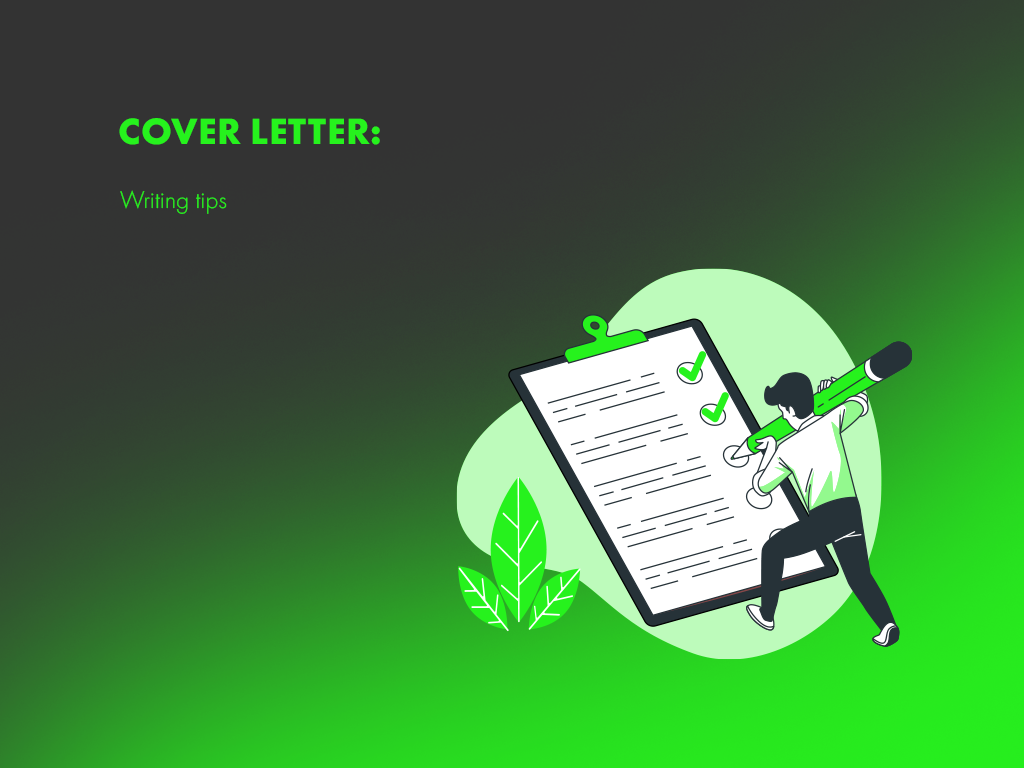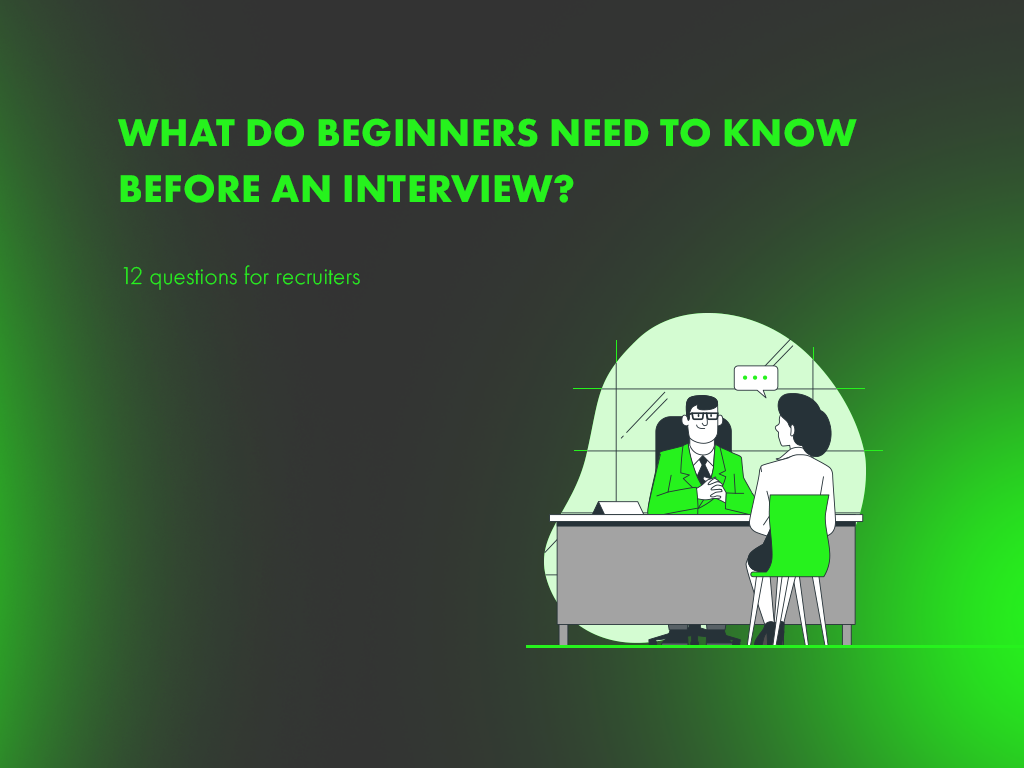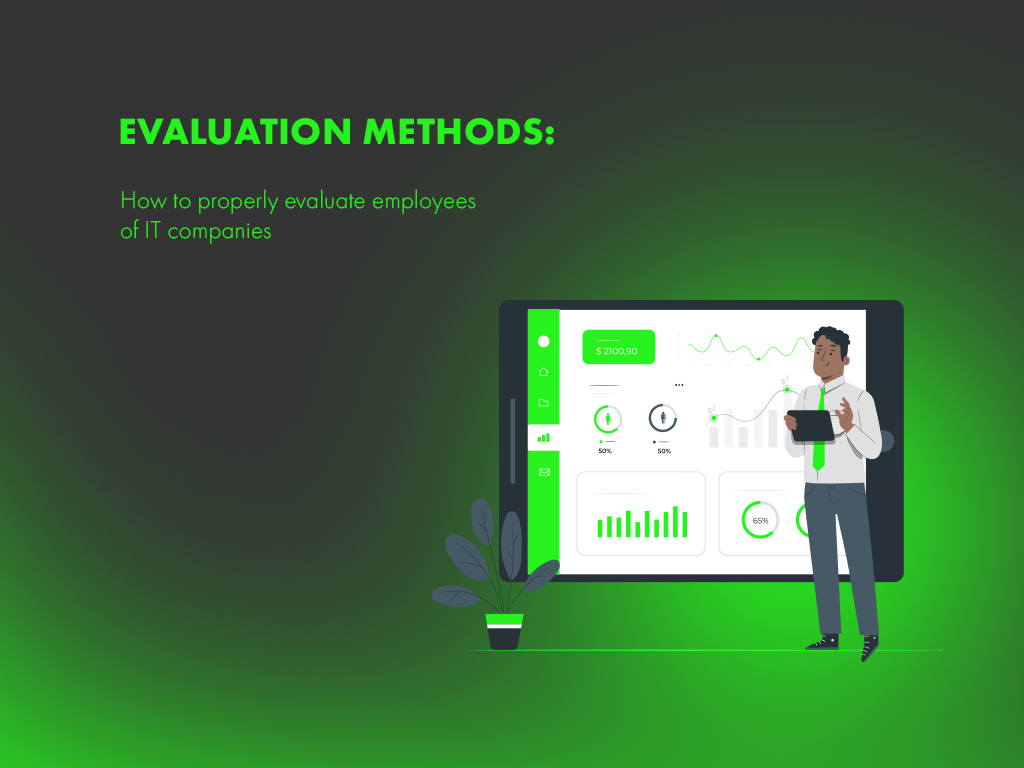It took weeks to find the “right” job. It took hours to put together the right resume.
Almost done.
The final touch is the cover letter.

Moreover, not just “a couple of sentences, whatever,” but the perfect text that will touch the recruiter and make him fall in love with your candidacy.
But how can you write a letter that would make the employer rush and call you even in the middle of the night?
It will take you 10 minutes to learn:
Before we begin, we want to focus your attention on the following. For a successful cover letter, use a three-paragraph format:
Ready to see in more detail how it works?
Watch your hands.
The headline of every professional cover letter you write in hope of getting a job should include:
Also, if desired, you can add:
Don’t forget to do everything professionally:
Wise advice. Do you write a cover letter without a recruiter’s name? Specify only the name of the department in the destination section: for example, “What.Is.Love Sales Department”.
Whom did you address the cover letter to?
Obviously, directly to the hiring manager, who will read it.
A greeting is the first thing a recruiter sees. There is one surefire strategy to get your congratulations on his attention.
Аnd this strategy is to use the name of the recruiter.
If we hear or see our name, we react. There is a lot of science behind this.
As soon as the hiring manager sees his name in the greeting of the cover letter, he will feel that he has found something special for him. Due to the appeal, the text of the letter will be perceived as personal. This will give the impression that all further information may be exactly what the recruiter was looking for.
All the examples below are good examples of a professional greeting in a cover letter:
Wise advice. Wondering what to use – the name or surname of the hiring manager? It depends on the culture of the company. If you are applying for a position in a casual-company, use the name. For more serious corporate cover letters, it is safer to write the last name of the recipient.
How to find out the name of the hiring manager?
Do some research!
Use Google, go to the company’s website and look there.
If you still can’t find the recruiter’s name, choose one of the following:
Wise advice. If you are not an alien from the past, do not start the cover letter with “Dear Sirs”.
Did you make a headline and congratulations? Now the time of meat and potatoes are the central points of your cover letter.
Here is the cruel truth:
A few suggestions at the beginning of your cover letter to identify will be read by the hiring manager further.
You need to make sure that your cover letters attract the reader’s attention and interest.
Look at these two introductory paragraphs:
WRONG
In response to your position as a digital marketing manager, I would like to express my interest to be involved in the recruitment process. As a digital marketing manager with 8+ years of experience, I am confident that I will be successful in this role.
Why is that bad?
Because it carries no value or detail. The bottom line is basically, “I’ve done this job before, so I think I could do it.” This is not what the hiring manager is looking for.
What should be written instead?
RIGHT
As an enthusiast for Bud’mo marketing initiatives, I was thrilled when I saw your vacancy as a digital marketing manager. I am confident I can help with future challenges. I have experience of leading successful national online campaigns with budgets over UAH 300,000. In addition, I have been able to expand Saturn‘s customer base by 19% since 2011.
“Wow, I must be crazy not to hire such a candidate.”
This is the answer that the first paragraph of this cover letter will bring.
There are several different effective strategies for getting started with a cover letter. You can highlight your accomplishments, show how well you know your potential employer’s needs, or base your introduction on your sheer enthusiasm.
You see an open position from a dream employer. Its title is the same as your current position. You have been a very successful professional so far.
So to get this job, you just have to show your best sides in your cover letter, right?
No!
Your cover letter is not a trophy.
What to write in the second paragraph of the cover letter?
You need to give the hiring manager exactly what he is looking for. You need to show that you are going to meet the specific needs of the company.
Take, for example, Oleksandra, a candidate in digital marketing. Lux, which she is applying for, is looking for such a candidate:
Let’s see how Oleksandra showed that she embodies both points.
In my current position at A-store, I oversee all stages of our online marketing initiatives, both technical and creative (1). Last year, my key goal was to develop and optimize nine websites for the most strategic A-store products and improve our SEO and UX results (2). Here we are in a year:
See how it’s done?
In the first sentence, show that you are an expert in your field. But don’t keep bragging. The rest of the second paragraph of the cover letter should contain information on how your previous experience will help the prospective employer implement their plans.
Your future employers need it. If they are willing to hire you, it is because they think you will hear these needs.
But they also want you to really enjoy working with them.
They want your future work to be useful for you as well – so they will be sure that you will stay with them for a long time.
The key to writing the third paragraph of the perfect cover letter is to show the hiring manager why you want this particular job, not any job.
Here’s the easiest way to do it:
Here’s how it works with an example:
I know that Lux‘s current plans are to develop a comprehensive health-focused internet portal (1). This project is perfect for my personal and professional interests. It is also an exciting opportunity to create a unique online knowledge base for the target audience (2). I would like to use my knowledge of SEO marketing and internet marketing to achieve revolutionary results with this initiative (3).
Wise advice. How long should the cover letter be? In general, short informative emails are the best. Three paragraphs + a couple of final sentences will suffice. The number of your transitions should not exceed 300 words.
What do we have now?
Your cover letter talks about your relevant skills. You explained the motivation. What could go wrong?
Actually, a lot.
You still need to finish your cover letter somehow. And this is the crucial part.
It should reinforce the overall impression you made in the previous paragraphs. It should grab the hiring manager when he starts reading your resume.
Let the hiring manager know that you are looking forward to a face-to-face meeting and discuss how your experience and knowledge can help your prospective employer achieve their goals.
For example:
I welcome the opportunity to discuss your digital marketing goals and show you how my success at A-store can translate into better online marketing and sales for Lux.
The two worst mistakes in the cover letter that you can make in the last paragraph:
Once you have written the bulk of your cover letter, you will simply need a formal conclusion at the very end.
Write “Sincerely” and your full name. Adding a handwritten signature is optional, but is recommended for more formal cover letters.
If you are not a fan of well-worn “Sincerely”, feel free to use any of the following synonyms:
Wise advice. It is useful to repeat basic contact information, such as your LinkedIn profile, email address and phone number under your signature.
All of the above sections are required for a good cover letter.
But there is one special trick you can use: Postscript.
Why is PS so important?
Because it’s like a magnet for the eyes of a hiring manager. It shouts, “You can’t miss this information.”
Use a postscript to tell your hiring manager about something impressive in your career (1), even if it’s not directly related to the vacancy.
Say you would be happy to give them more details (2) if they are interested.
Example:
P.S. – I would also appreciate the opportunity to show you (2) how my electronic detailing solutions have increased the combined sales of the three flagship A-stores by a record 13% in one year (1).
Such a magic trick to hook a recruiter.
Checklist how to write a cover letter
Save, enjoy and get more cool offers.
The last:
Write clearly and concisely.
Good luck in searching!

We are often asked whether we hire junior specialists into the team, what knowledge we need to have for this, how the selection goes on, and much more.
It is no secret that our company conducts free training of specialists in the training center. The best students are invited to an interview for the project based on the results of the training. The company currently trains 16 programs in 12 cities, trains more than 1,000 students each year, and 60% of them are employed by the company based on the results of the trainings. We have collected the answers of recruiters (and not only them) to questions that will help to better understand the process of selection and hiring of junior specialists.

Employee evaluation is a mandatory part of the work process. This is an important procedure to improve employee performance, give them feedback and provide a ground for career advancement. So a person can better understand the value of their work, and the company – to see the contribution of each employee to the common cause.
Each company has its own assessment methods. To sum it all up, we would like to single out the 4 most popular ways to measure IT productivity.
Let’s go!

If you need to order a project from third-party contractors in which there are no strict quality requirements, try working with contractors on the Functional Requirements. This plan will help you develop a web portal, beautiful and user-friendly design, create an article for a blog or a service. Thanks to the functional requirements, you will immediately specify your own wishes and avoid “mistakes”. Let’s take a closer look at what this work plan is, what are the subtleties of the nuances of its preparation.

The Ukrainian labor market in the field of IT is a candidate. This means that specialists get jobs according to the principle “they do not choose me, but I choose”. This leads to high competition between companies for the best staff.
And here HR enters the arena, which will either provide the company with a real specialist, or let him in favor of a competitor. Unfortunately, the latter happens very often due to annoying mistakes of the recruiter.
Leave a Reply